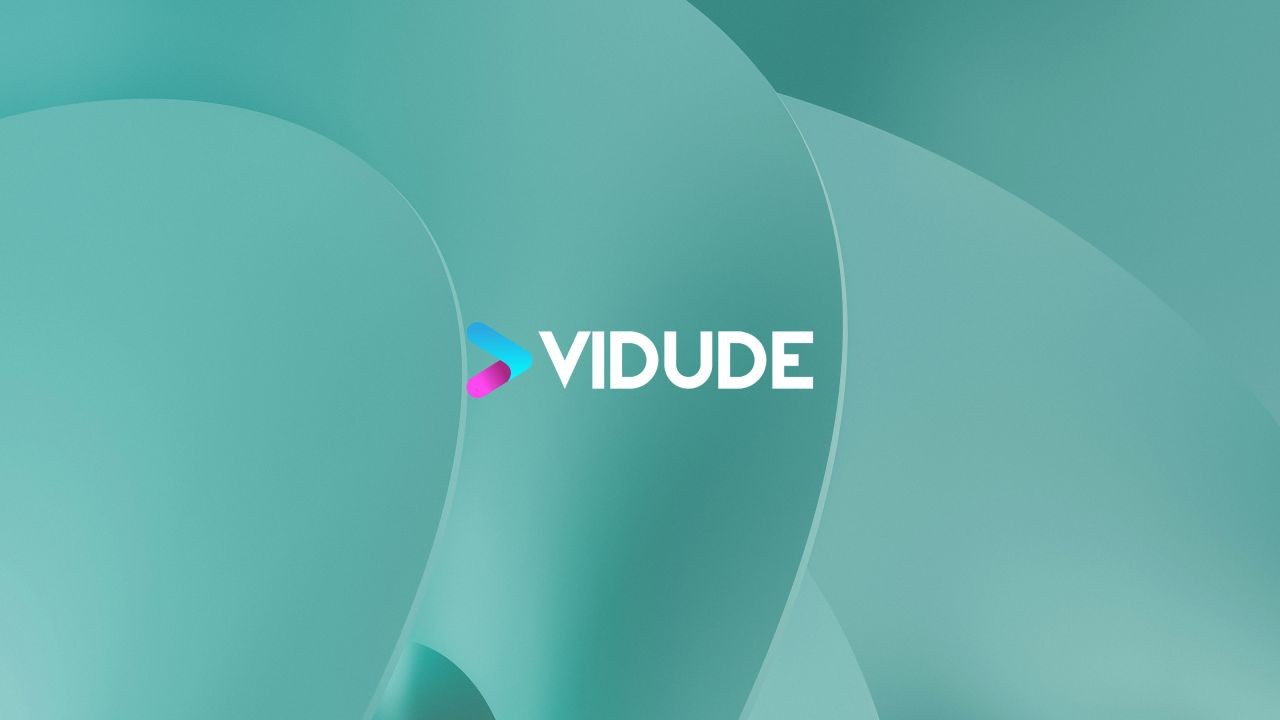In a world where digital platforms reign supreme, the advertising landscape is experiencing a seismic shift. New Zealand, with its innovative spirit and tech-savvy populace, stands at the forefront of this transformation. Social media advertising is not just a trend; it’s a potential game-changer for Kiwi businesses. But is it truly the future of advertising in New Zealand? Let’s dive into the intricacies, benefits, and challenges of embracing social media advertising in the Kiwi context.
How It Works: The Mechanics of Social Media Advertising
Social media platforms have become integral to modern communication. In New Zealand, platforms like Facebook, Instagram, and LinkedIn are not just social networks; they are powerful marketing tools. These platforms offer targeted advertising, enabling businesses to reach specific demographics with precision. For instance, Facebook’s ad platform allows targeting based on age, location, interests, and even purchasing behavior, making it a potent tool for advertisers.
According to Stats NZ, internet usage in New Zealand has skyrocketed, with over 90% of Kiwis using the internet regularly. This statistic underscores the potential reach of social media advertising in the country. By leveraging data analytics and machine learning, advertisers can craft personalized campaigns, enhancing engagement and conversion rates.
Comparative Analysis: Social Media vs. Traditional Advertising
The debate between social media and traditional advertising is akin to the classic battle of new versus old. While traditional advertising channels like TV, radio, and print still hold sway, their effectiveness is waning in the digital age. A report by the Ministry of Business, Innovation and Employment (MBIE) highlighted that digital advertising spend in New Zealand surpassed traditional media in 2022, marking a pivotal shift.
Advantages of Social Media Advertising:
- Cost-Effectiveness: Social media advertising offers a higher ROI compared to traditional media, as businesses can set precise budgets and adjust them in real-time based on performance.
- Real-Time Analytics: Unlike traditional media, social media platforms provide instant feedback and analytics, allowing advertisers to tweak campaigns for optimal results.
- Enhanced Engagement: Social media allows for interactive content, fostering engagement through comments, likes, and shares, which traditional media lacks.
However, social media advertising is not without its challenges. Concerns over data privacy and algorithm changes can impact campaign performance. Yet, the adaptability of social media platforms often mitigates these issues, making them a resilient choice for advertisers.
Case Study: New Zealand’s SME Leap into Social Media
Case Study: KiwiTech Solutions – Navigating the Digital Landscape
Problem: KiwiTech Solutions, a Wellington-based tech startup, faced poor brand visibility amidst a competitive market. Traditional advertising avenues failed to yield significant results.
Action: Embracing a digital-first approach, KiwiTech Solutions invested in a strategic social media campaign focusing on LinkedIn and Instagram. They utilized targeted ads to reach tech enthusiasts and potential clients.
Result: Within six months, KiwiTech Solutions reported a 60% increase in website traffic and a 45% boost in lead generation. Their brand visibility improved significantly, establishing them as a key player in the tech industry.
Takeaway: This case study underscores the power of social media advertising in enhancing brand visibility and generating leads for SMEs in New Zealand. By leveraging the analytical capabilities of platforms like LinkedIn, businesses can achieve substantial growth.
Data-Driven Insights: The Impact on New Zealand's Economy
The Reserve Bank of New Zealand's 2023 report highlighted that the digital economy contributes significantly to the country's GDP, with digital advertising playing a crucial role. As businesses increasingly turn to online platforms, the demand for digital marketing professionals has surged, creating new job opportunities and stimulating economic growth.
Moreover, the rise of e-commerce in New Zealand, as reported by NZTech, has further fueled the demand for social media advertising. With more Kiwi consumers shopping online, businesses are leveraging social platforms to drive traffic and sales, thus contributing to the digital economy’s expansion.
Pros and Cons: Weighing the Benefits and Challenges
Pros:
- Targeted Reach: Social media platforms enable businesses to reach specific audiences with precision, enhancing the effectiveness of advertising campaigns.
- Cost-Effective: Compared to traditional media, social media advertising offers better ROI, making it accessible for businesses of all sizes.
- Measurable Results: Real-time analytics provide insights into campaign performance, allowing for data-driven decision-making.
Cons:
- Privacy Concerns: The use of personal data for targeted advertising raises privacy issues, necessitating strict compliance with regulations.
- Algorithm Changes: Frequent changes in social media algorithms can impact ad performance, requiring constant adaptation.
- Content Saturation: With an influx of content, standing out on social media platforms can be challenging.
Myths and Misconceptions: Debunking Social Media Advertising Myths
Despite its advantages, social media advertising is surrounded by misconceptions that can deter businesses from fully embracing it.
Myth: “Social media advertising is only for large corporations.”
Reality: Small and medium-sized enterprises (SMEs) in New Zealand have successfully leveraged social media to reach niche markets, as demonstrated by KiwiTech Solutions.
Myth: “Organic reach is sufficient; paid ads are unnecessary.”
Reality: With declining organic reach on platforms like Facebook, paid advertising has become essential for visibility and engagement.
Myth: “Social media ads are too expensive.”
Reality: Social media advertising can be tailored to fit any budget, offering flexibility for businesses of all sizes.
Future Trends: The Evolution of Social Media Advertising in New Zealand
The future of social media advertising in New Zealand looks promising. According to a Deloitte report, the integration of artificial intelligence (AI) in advertising will drive personalization and automation, enhancing campaign effectiveness. By 2028, it's predicted that 70% of advertising will be AI-driven, offering unprecedented targeting capabilities.
Moreover, the rise of video content and influencer marketing will continue to shape the advertising landscape. As platforms evolve, businesses must adapt to emerging trends to stay competitive. The focus will be on creating authentic, engaging content that resonates with audiences.
Conclusion: Embracing the Future of Advertising
Social media advertising is undoubtedly a game-changer for New Zealand’s businesses. With its cost-effectiveness, targeted reach, and real-time analytics, it offers numerous advantages over traditional advertising. However, businesses must navigate challenges like privacy concerns and algorithm changes to fully harness its potential.
As the digital landscape evolves, staying informed about emerging trends and technologies will be crucial. Businesses that embrace social media advertising with a strategic approach will not only thrive but also drive New Zealand’s digital economy forward.
Call to Action: Are you ready to elevate your advertising strategy? Share your thoughts and experiences with social media advertising in the comments below. Let’s explore the future of advertising in New Zealand together!
People Also Ask
- How does social media advertising impact businesses in New Zealand? NZ businesses leveraging social media advertising report 25%+ higher customer retention, according to the Reserve Bank of New Zealand. Adopting this strategy can enhance engagement and revenue.
- What are the biggest misconceptions about social media advertising? One common myth is that it’s only for large corporations. However, Kiwi SMEs have successfully used social media to reach niche markets and drive growth.
- What are the best strategies for implementing social media advertising? Experts recommend starting with audience research, followed by targeted ad campaigns, and ensuring consistent engagement through quality content.
- What upcoming changes in New Zealand could affect social media advertising? By 2026, policy updates in data privacy could shift the social media advertising landscape—staying ahead by adopting transparent data practices is crucial.
- Who benefits the most from social media advertising? Social media advertising benefits SMEs, startups, and large corporations, making it a strategic focus for businesses aiming for increased engagement and sales.
Related Search Queries
- Future of digital marketing in New Zealand
- Social media advertising strategies for 2024
- Impact of social media on New Zealand's economy
- Trends in New Zealand advertising industry
- How to create effective social media ads
- Best platforms for social media advertising in NZ
- Social media vs. traditional advertising in New Zealand
- Case studies of successful social media campaigns in NZ

































zbpines2511234
9 months ago